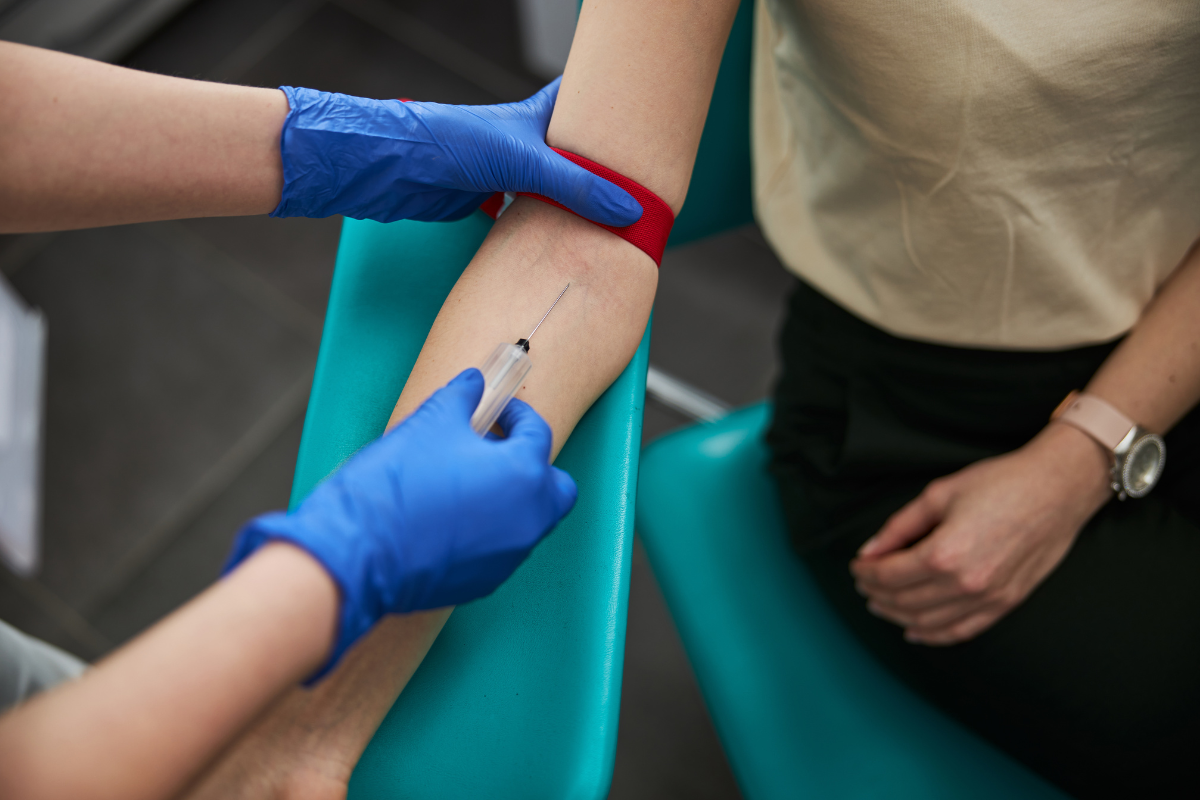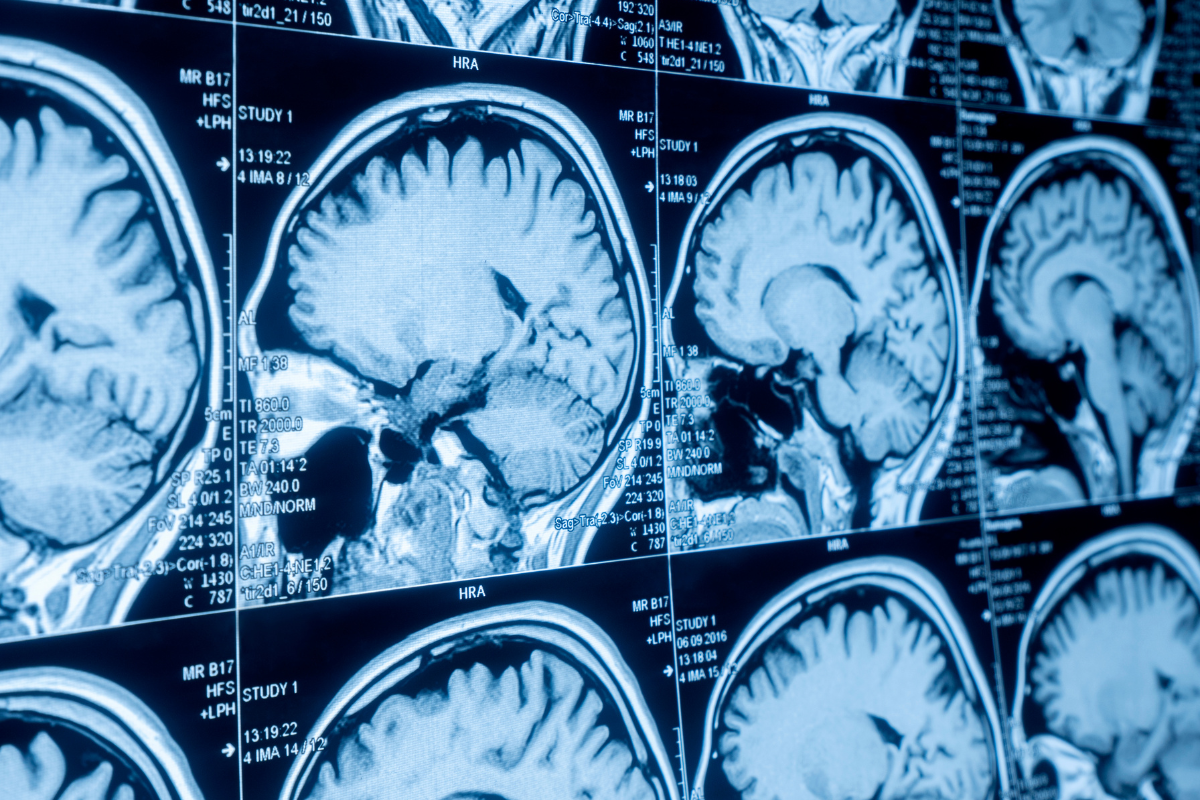Blood Test for Alzheimer's Granted Breakthrough Device Status by FDA

As the global population ages, the number of people living with dementia is expected to reach 152 million by 2050. This growth has therefore been labelled a crisis as the current state of global healthcare infrastructure is not set up to care for this many patients.
If the world is going to have any chance of meeting the enormous care need that this presents, fresh strategies to tackle and treat the disease will be required. Among these strategies is early diagnosis: as with many diseases, the earlier Alzheimer's is diagnosed, the better chance the patient has of slowing their symptoms using therapies.
RELATED:
- Speech-Analysis Tool for the Early Detection of Alzheimer's Handed to Linus Health in Acquisition
- Early Diagnostic Blood Biomarker for Dementia Identified Using Proteomics
- Investigating Biases in Diagnostics and Biomarkers: Three Case Studies
Enter the Elecsys Amyloid Plasma Panel, and its entourage of other panels for blood-based biomarkers in Alzheimer's disease. Elecsys, a test jointly developed by Roche and Lilly, detects phosphorylated tau proteins which accumulate in the brain, pTau-217. The two companies announced recently that their diagnostic device was granted 'Breakthrough Device Designation' by the FDA after evidence showed that it was accurate at diagnosing the disease.
Significantly, Elecsys is a non-invasive blood test: a crucial step towards early detection of Alzheimer's. Previously, the standard diagnostic test for Alzheimer's required a PET, CT, or MRI scan. However, due to limited resources, many people with the disease never get a formal diagnosis and it is unrealistic to introduce anything like a diagnostic screening programme off the back of such scans.
“The incidence of dementia is growing worldwide, with 75 percent of cases remaining undiagnosed. Consequently, there is a critical role for diagnostics to play in addressing this global health challenge,” said Matt Sause, CEO of Roche Diagnostics.
“We believe pTau217 is going to be crucial in the diagnosis of Alzheimer’s disease, a condition where Roche Diagnostics is committed to improving the lives of patients worldwide. We plan to leverage our installed base of diagnostic systems, which is the largest in the world, to ensure we are able to create access to this test for those who need it the most.”
Breakthrough Device Designation
Breakthrough Device designation is granted by the FDA for devices that provide more effective treatment or diagnosis of disease. The programme speeds up development, assessment, and review of medical devices if doing so is deemed sufficiently beneficial for public health. Those devices covered by the programme will enjoy priority access to feedback from the FDA so that they can accelerate their pre-marketing phase. Breakthrough Devices must still meet the FDA's rigorous safety and efficacy standards and still require the FDA's approval to be marketed to patients.
pTau-217
Many studies have associated phosphorylated tau proteins with Alzheimer's disease. The 'tau hypothesis' states that these abnormal proteins aggregate in the brain and form tangles inside nerve cells. This eventually leads to the collapse of neuronal transport systems. Serendipitously, these tau proteins end up in the blood, and can be detected by an amyloid plasma panel.
Not the only blood test
Roche and Lilly are not alone in using pTau-217 as a biomarker. Labcorp and academic researchers are also using the protein in the hopes of early diagnosis. The amount of interest in testing for the protein has raised hopes for effectively surmounting the advancing public health crisis.
Advancing the Alzheimer's diagnostic ecosystem
Anne White, Executive Vice President of Eli Lilly and Company, and President of Lilly Neuroscience said: “The development of the Elecsys pTau217 plasma assay is another milestone in our collaboration with Roche Diagnostics that will advance the Alzheimer’s diagnostic ecosystem. We’re excited to help meet the growing need for additional diagnostic tools to enable a timely and accurate diagnosis for people with Alzheimer’s disease.”






